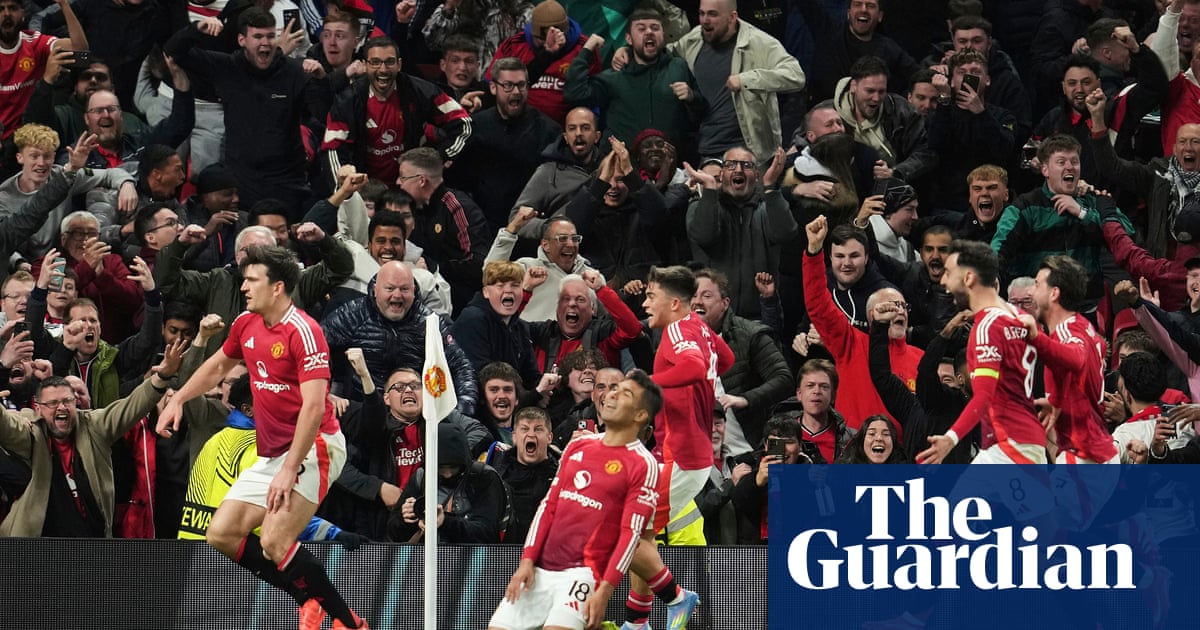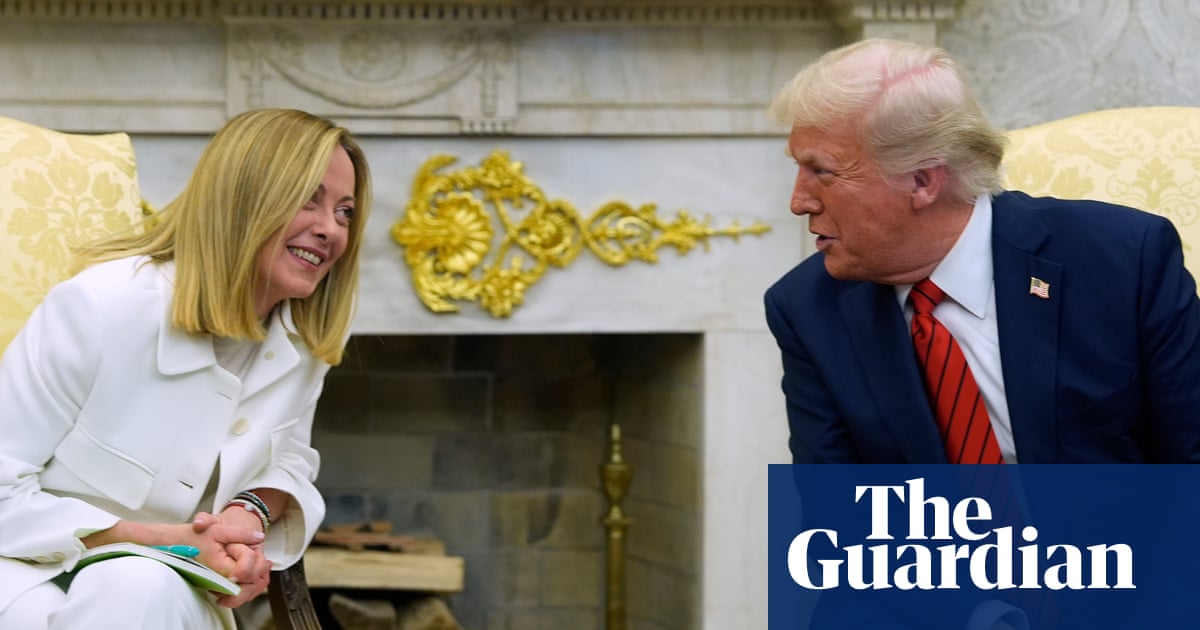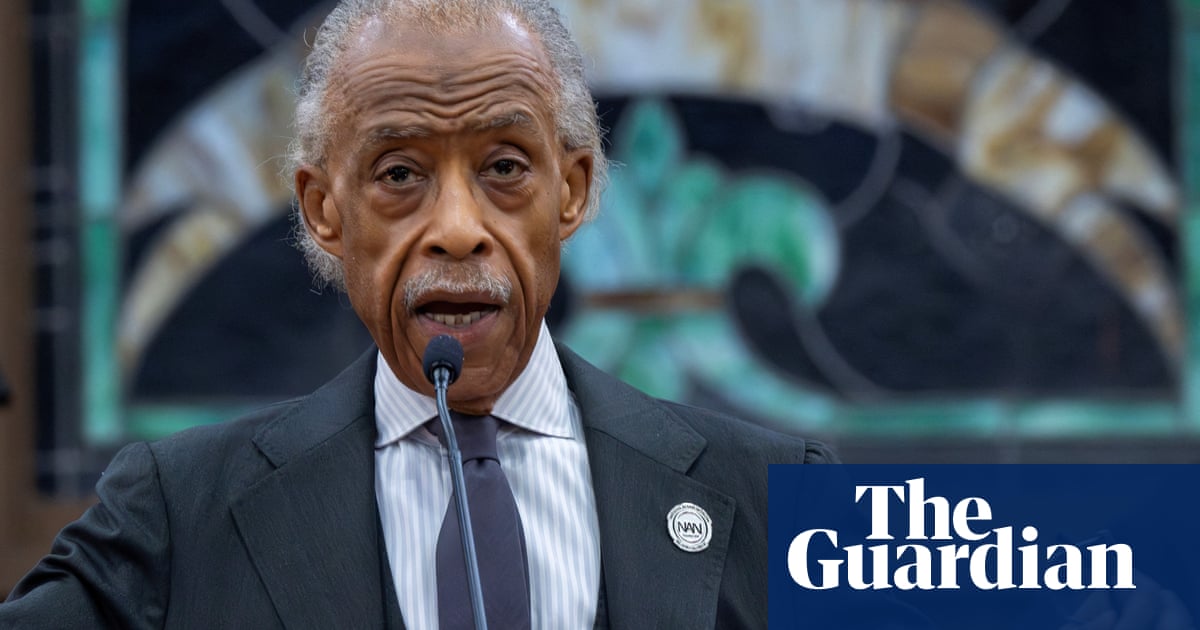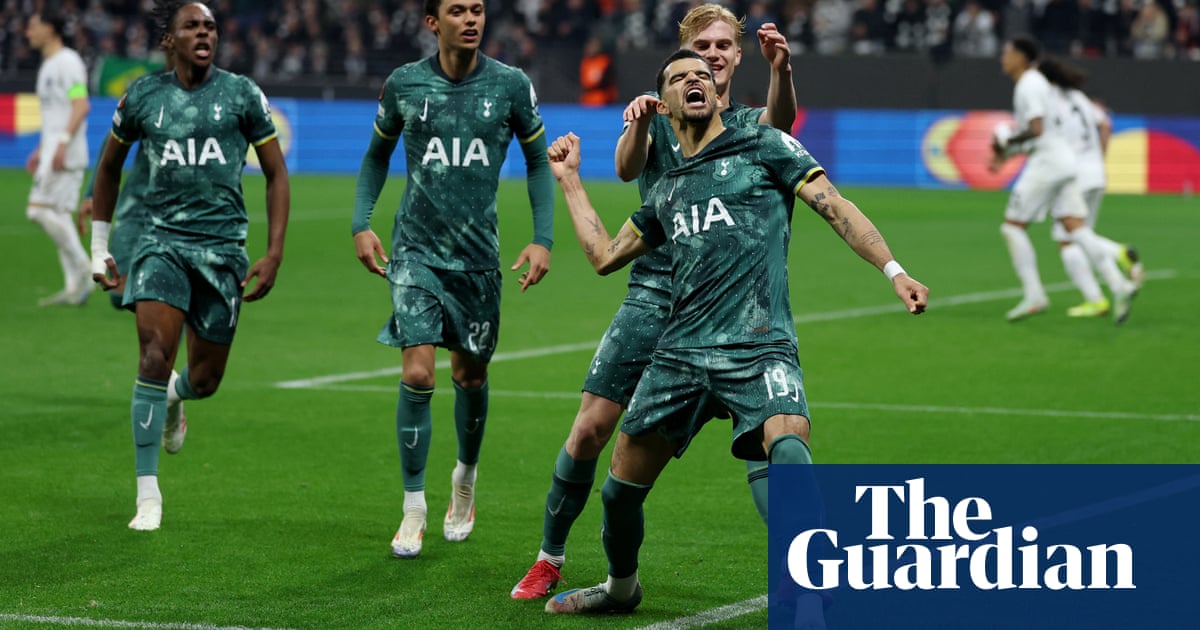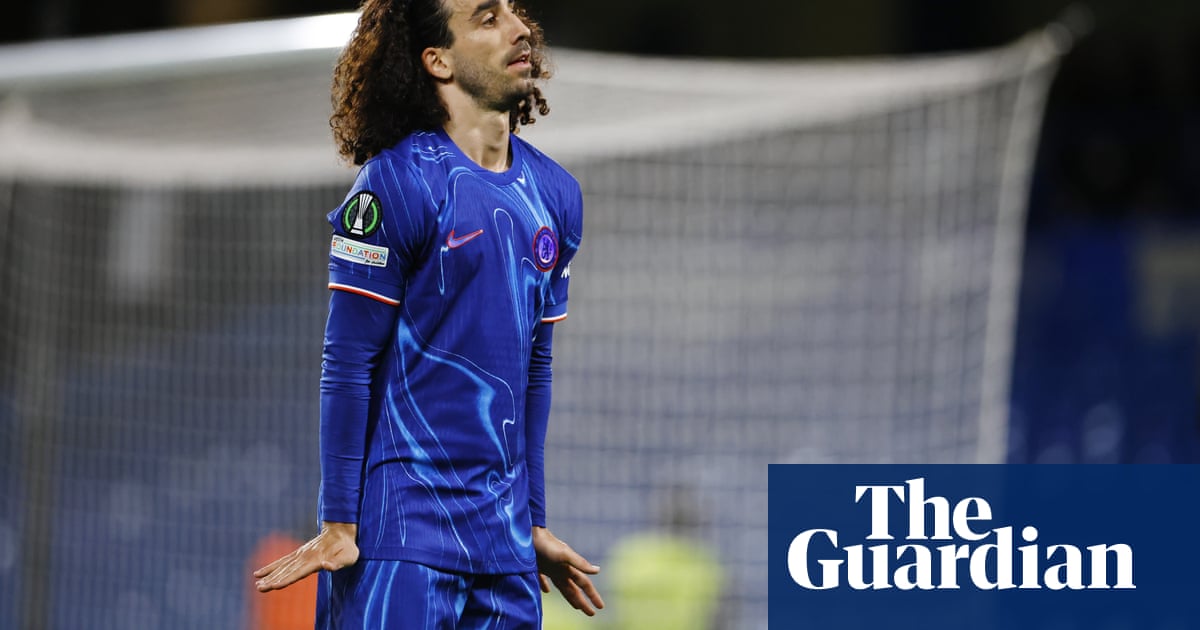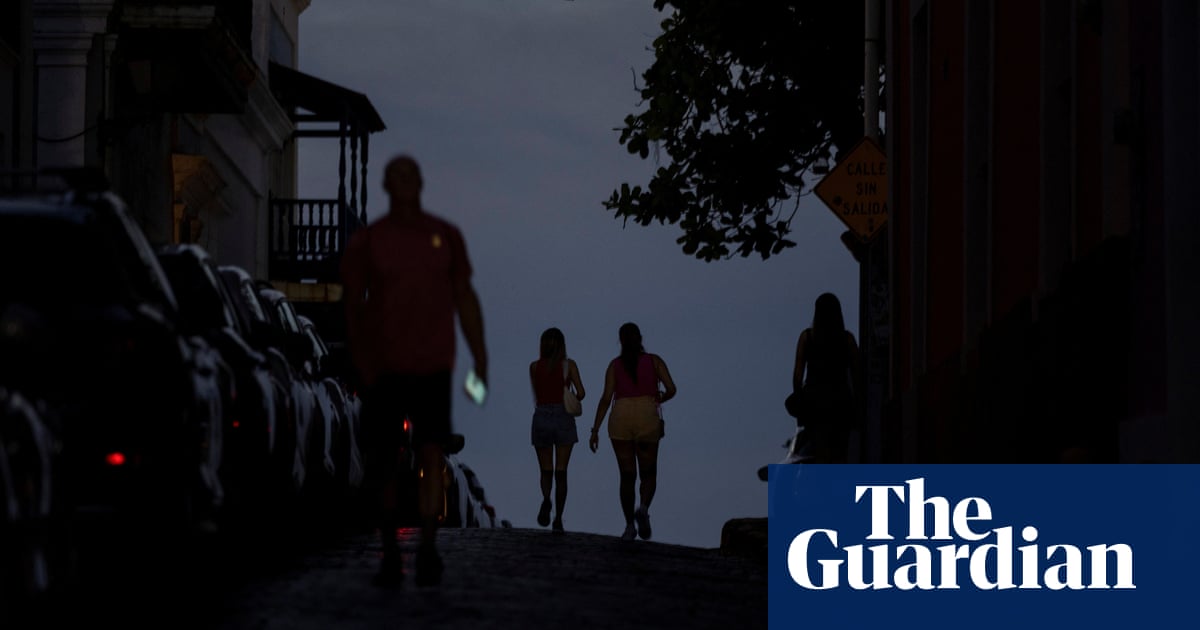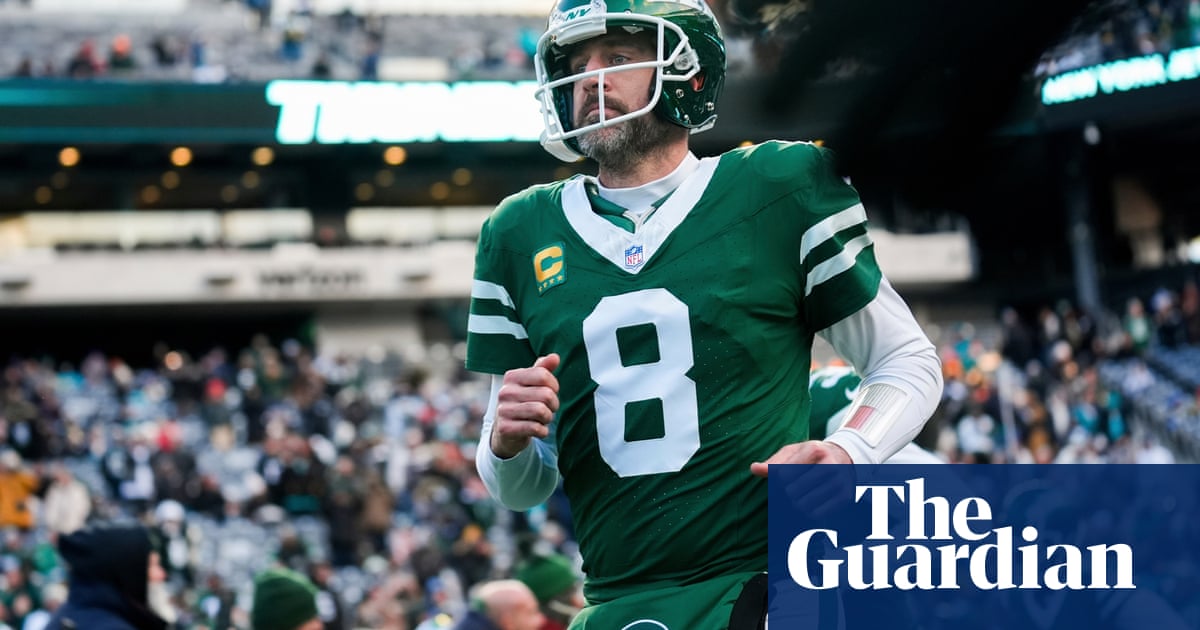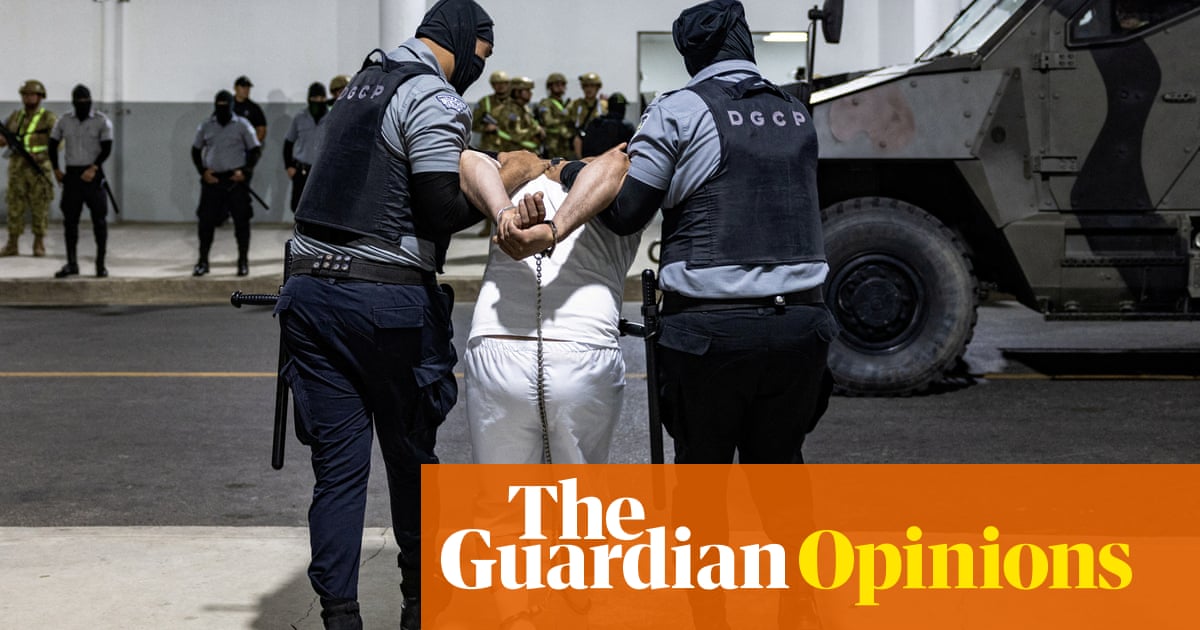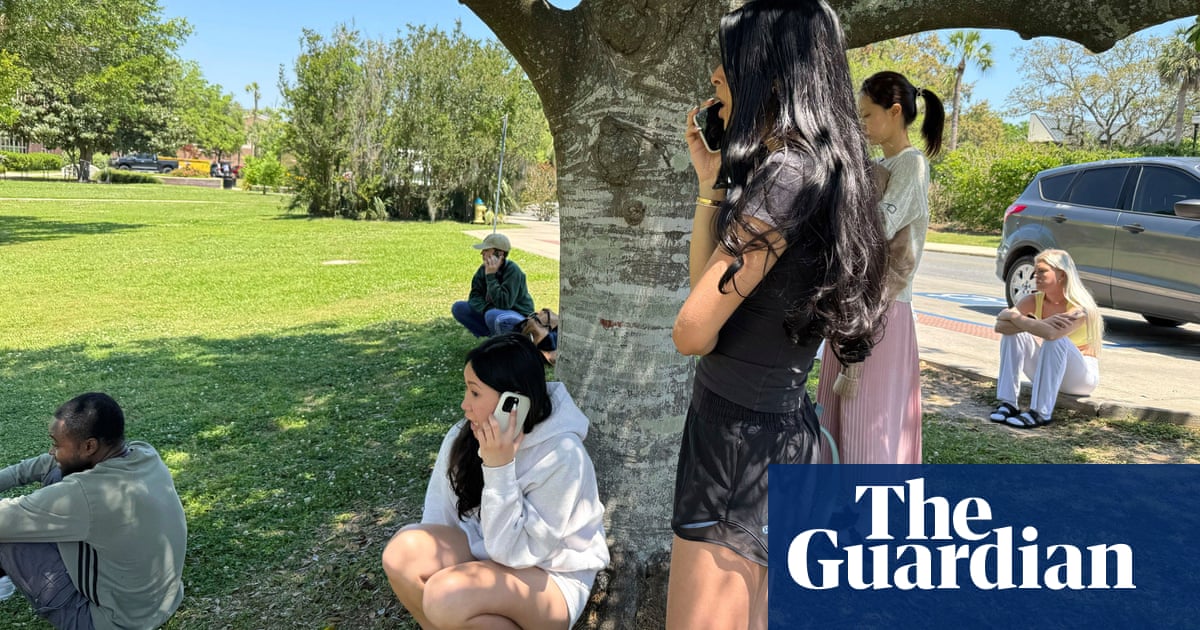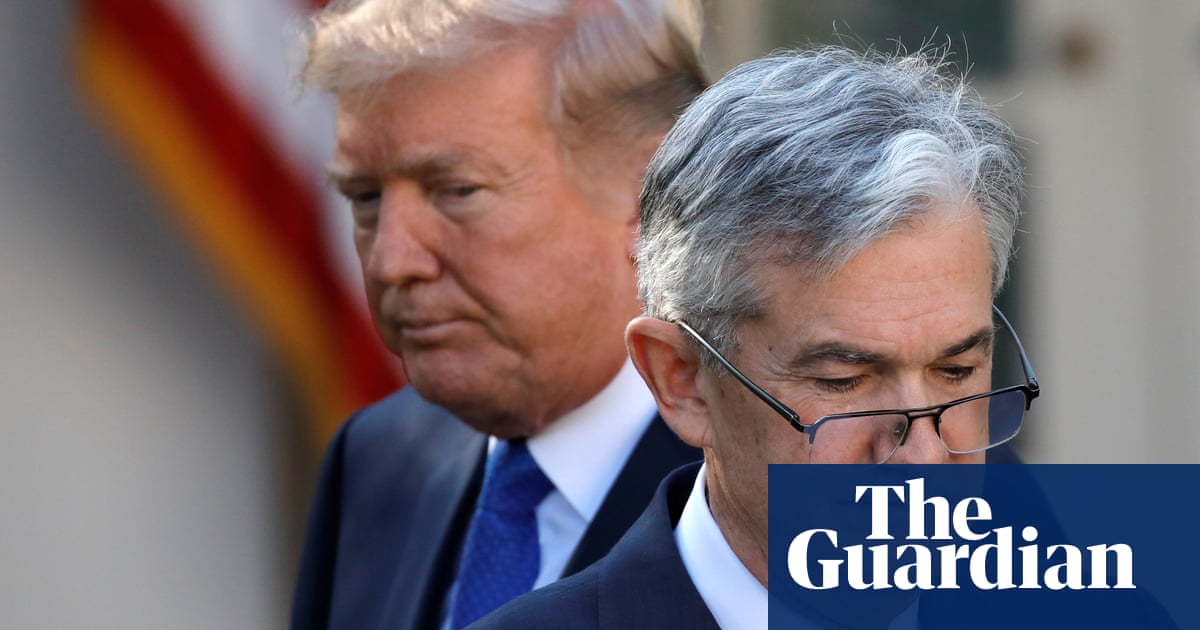Two very different scenarios – a long-awaited title and a dramatic upset – unfolded in San Antonio and Tampa last weekend. UConn’s women’s basketball team won their first national title in almost 10 years and Houston’s men pulled off a stunning comeback victory over Duke in the Final Four.
Both teams were well supported by alumni, including former Huskies Breanna Stewart, Diana Taurasi, Maya Moore, and Sue Bird. Taurasi and Bird were on broadcast duties, but Moore and Stewart were in the stands during UConn’s victory and breezed on to the court to celebrate the win. Meanwhile, Hakeem Olajuwon, who played college basketball at Houston before embarking on his Hall of Fame NBA career, was in town to cheer on the Cougars. But unlike the former Huskies, Olajuwon was denied permission to celebrate with his former college on court after their win over Duke.
Video from the moment has sparked plenty of debate about who to blame: the security guard who stopped Olajuwon, or the Cougars themselves. For some, the racial dynamic apparent in the video (the security guard is white, Olajuwon is Black) raises issues; for others, the entire debacle could have been avoided if the team had made it clear Olajuwon was welcome on the court. After all, Moore and Stewart were there to celebrate with their former team, why couldn’t Olajuwon? He has since said the incident was due to a mix-up rather than any malice on the part of the security guard or the Cougars. Nevertheless, the debate around the two incidents raises an interesting question. How much does a college owe its star players after they graduate?
----
In the week of the Sweet Sixteen, a former WNBA champion contacted me asking for help securing access to her former team’s games – a surprising request for an athlete of that stature. I had assumed universities who had benefited from an athlete’s talent repay the favor by inviting them to important games.
Alexis Hornbuckle, who won two NCAA championships under Pat Summitt at Tennessee, knows about the sometimes confusing and isolating path traveled after an athlete’s playing days are behind them.
When we spoke last week, she was quick to explain that she doesn’t believe that coaches and athletic directors are necessarily responsible for maintaining the relationships between players and their former teams. But she also noted that she has relationships with Tennessee women’s basketball players from the 1970s, thanks to the efforts of Coach Summitt.
“Coach Summitt was all about the sisterhood,” Hornbuckle said, “and I know [former Tennessee football] Coach Phillip Fulmer was all about the brotherhood. I know there’s been a lot of changes [at Tennessee] since I graduated back in 2008 – coaching changes, athletic trainer changes – so it’s different, right? Names get forgotten, people get forgotten, it’s part of it. It’s not the job of the coaches and the athletic directors to take care of former players necessarily because their focus has to be their current players.”
That’s fair – but it doesn’t mean schools can’t try.
Unfortunately, for some players, the issue goes a little deeper. A former NCAA champion who asked to be anonymous, told me that money, that perpetual gamechanger, can influence who gets invited to big events like championship games.
“Sometimes, it’s maybe that person made it to the next level and their name is bigger,” she said, “but sometimes it’s that they gave X amount of dollars back to the university. The university is going to make sure that if they want to come to a game, they’re going to have tickets. They’re going to be introduced or recognized on the jumbotron, whatever the sport is, walk out on the field or the court. But it’s a select few they pick and choose.”
Understandably, money is a consideration for athletic departments, too. It’s one thing to invite a few players from one team to an important event – it’s another to expect a university to provide access for hundreds (or even thousands) of former athletes who want to attend those events. One solution could be a kind of first come, first serve system wherein programs disperse a certain number of tickets; another might be for former athletes to design their own support systems.
----
If universities don’t have the resources to support former stars – or want to – maybe it’s time those players support themselves.
Two Tennessee graduates are doing just that. VOLegacy is a player-led organization founded by two former football players but is open to anyone who represented the college. The group hosts local meet-ups and helps former players attend games together, whether that’s through accreditations or financial assistance for tickets.
Tennessee appears to be a rarity: Baylor and UConn disbanded similar organizations years ago, while South Carolina has an alumni center but said “we do not have tickets to athletic events the specifically cater to alumni athletes.”
Hornbuckle is a proud member of VOLegacy. The organization offers “access and information about what’s going on with Tennessee sports and with the university,” she says, and also connects athletes with business and mentorship opportunities as well as financial literacy classes. “The goal is really to help athletes navigate that space after you leave college,” Hornbuckle says. “However we can help, we want to be there for each other because what we say is the Tennessee way, right – it’s a family.”
When schools forget, players remember. And some of them are taking the job of building a legacy into their own hands.
-
The athletic departments at UConn, South Carolina, Baylor, Notre Dame, and Tennessee did not respond to requests for comment for this article.

 1 week ago
15
1 week ago
15

